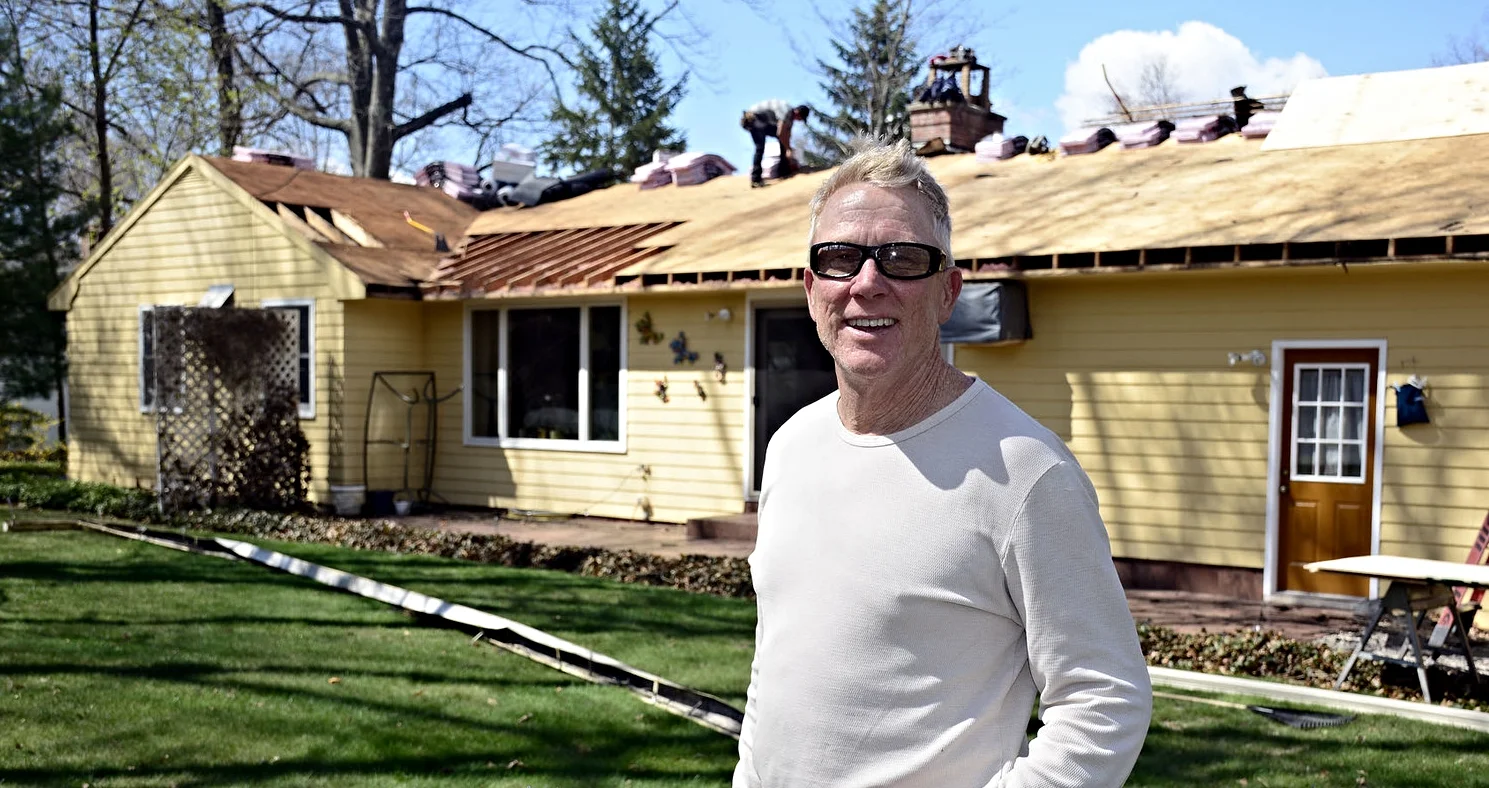Insulation is a Year Round Investment
Chelsea O'Donnell
As summer heat peaks, many homeowners are grateful for the cool comfort provided by their air conditioning. However, running the A/C non-stop can lead to high energy bills, especially if your home isn’t properly insulated.
While most people associate insulation with winter, it’s just as beneficial during the summer. Remember from school science class how heat rises? This means that your top floor and attic are naturally warmer than the lower floors. Without insulation, your attic can become much hotter than the outdoor temperature. If you touch your ceiling and it feels warm, imagine how hot it is above it.
Insufficient insulation forces your air conditioning units to work harder to maintain a comfortable temperature. Whether you have central air or window units, they are straining to cool your home, which spikes your energy costs.
Improving your home’s insulation can make a significant difference. The attic is a prime area for insulation upgrades due to its large space and extreme temperature variations. Although it’s often overlooked because we don’t spend much time there, adding insulation in the attic can be a cost-effective home improvement. Options include blowing loose fiberglass under the floor or laying batts between the floor joists. The best choice depends on your home’s size, attic clearance, and usage. A well-insulated attic not only reduces energy costs but also increases your home’s resale value.
In addition to the attic, sealing gaps around windows and doors helps keep cool air inside. Check your door sweeps and replace them if necessary, and use caulk or sealing tape on windows. This practice will benefit you now and in the winter when you’re trying to retain warm air.
For those with window A/C units, insulating around them is crucial. Use flexible foam to create a good seal at the top and bottom of the unit. Ensure the side curtains are tight-fitting and securely anchored. Without proper insulation, your window A/C unit isn’t operating at full efficiency since much of the cool air escapes outside. Taking these extra steps ensures your A/C works effectively.
Another area to consider is your home’s walls. If your house is older, it may not have adequate wall insulation. Adding insulation to your walls can prevent heat transfer, keeping your home cooler in the summer and warmer in the winter. There are several methods for insulating walls, such as injecting foam insulation or using blown-in cellulose. These options can be a bit more invasive but are worth the investment for the long-term comfort and efficiency of your home.
Additionally, consider insulating your floors, especially if you have a basement or crawl space. Insulating these areas can reduce heat loss and prevent moisture buildup, which can lead to mold and mildew issues. Foam board or rigid foam insulation works well for this purpose and can be installed relatively easily.
Don’t forget about your ductwork. If your home has central air conditioning, ensuring your ducts are well-insulated can prevent energy loss as the cool air travels from the unit to various parts of your home. Leaky or uninsulated ducts can lose up to 30% of the cooling energy, making your system work harder and increasing your energy bills. Sealing and insulating your ducts can improve efficiency and enhance overall comfort.
Lastly, consider the benefits of radiant barriers. These are reflective materials installed in attics to reduce heat gain during the summer. Radiant barriers work by reflecting radiant heat away from your home, helping to keep indoor temperatures down. This is particularly beneficial in hot climates where the sun’s intensity can significantly impact indoor comfort.
Investing in insulation is a smart move for homeowners looking to improve comfort and reduce energy bills year-round. By addressing key areas like the attic, windows, doors, walls, floors, and ductwork, you can create a more energy-efficient home that stays cool in the summer and warm in the winter. The initial investment in insulation will pay off through lower energy costs and increased home value.
Bob O’Donnell is the owner of O’Donnell Bros. Inc., a Bristol-based home improvement company established in 1975. Email your questions for Bob to info@odonnellbros.com with the subject line “Ask the Pro.” All questions may be considered for publication. To contact Bob for your remodeling needs, call O’Donnell Bros. Inc. at (860) 589-5155 or visit www.odonnellbros.com. Advice is for guidance only.
